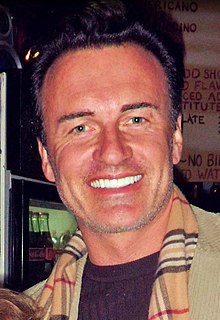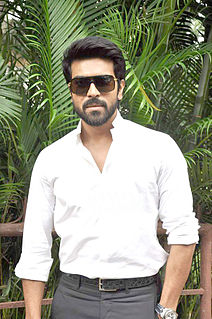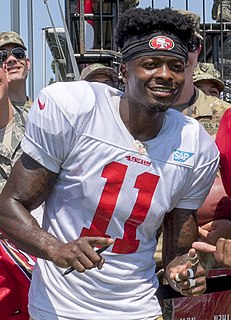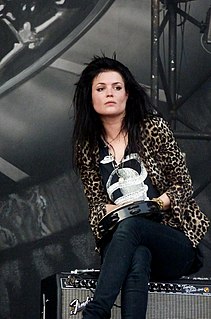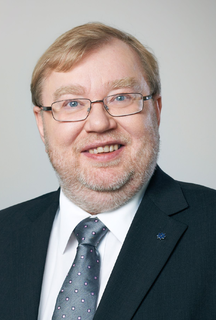A Quote by Julian McMahon
I was pretty young when my father was prime minister, so it wasn't really a big part of my life. My folks were away a lot, meeting foreign dignitaries and that sort of thing, but it never struck me as odd. If anything it allowed me to get into all sorts of mischief.
Related Quotes
It just struck me as really odd that there were all of these conversations going on about what young women were up to. Were young women having too much sex? Were young women politically apathetic? Are young women socially engaged or not? And whenever these conversations were happening, they were mostly happening by older women and by older feminists. And maybe there would be a younger woman quoted every once in a while, but we weren't really a central part of that conversation. We weren't really being allowed to speak on our own behalf.
I was organizing a fringe meeting at the Conservative Party conference in October 1994 and I got a message that the Prime Minister would like a meeting. I went to the meeting. It was just me and John Major.What Major said to me was this: "If you were in my shoes, what would you do?". He wasn't asking me what a unionist should do, but what he should do. And I knew that I had to give him a sensible answer.
I was a very senior minister in the Howard government and I sat around this particular table [in the prime ministerial office] in many discussions. The difference between being a senior minister and the prime minister is that ultimately the buck does stop with the prime minister and in the end the prime minister has to make those critical judgement calls and that's the big difference.
As a young lawyer, I learned to try to find common ground with people, to look for a human connection. When I got to the Senate, despite the fact that there were a lot of people who didn't want me to get there - and were sure they'd never even talk to me, let alone work with me - I really tried to do the job I was sent there to do by the people of New York, which was to get things done for my constituents. I worked with Republicans, and we found a lot of common ground. It isn't easy, but it's part of what we have to do in politics today.
lf there is anything that puzzles me in this game lt is that the longer that you are in the job of Prime Minister, the harder you have to work to do your job. With anything else, such as stenography, administering a store, or whatever done it for nine or ten years you get to know the ropes pretty well and it becomes easy and you can spend a lot of time playing golf or something. l feel that the more you know, the more you have to know and the more problems come.
I remember at the time - right before we started Feministing.com - doing a Google search for the term "young feminism" and the term "young feminist," and the first thing that came up was a page from the National Organization for Women that was about 10 or 15 years old. And it just struck me as so odd that there was all of this young feminist activism going on, but that it wasn't necessarily being represented online, that the first things in a Google search to come up were really, really old. I think to a certain degree we really filled a gap, and that's why we got such a large readership.
The flat tax I got on my first meeting with Margaret Thatcher, who I admired very much and who was a great admirer of Milton Friedman. I met her first when I had been prime minister I think for some months and so on, and when I told her what I am planning to do, she looked at me with these big eyes and said: "You are one brave young man." And then a little bit introduced me on the realities of the Western world on which I was not very well informed. But I didn't stop.
